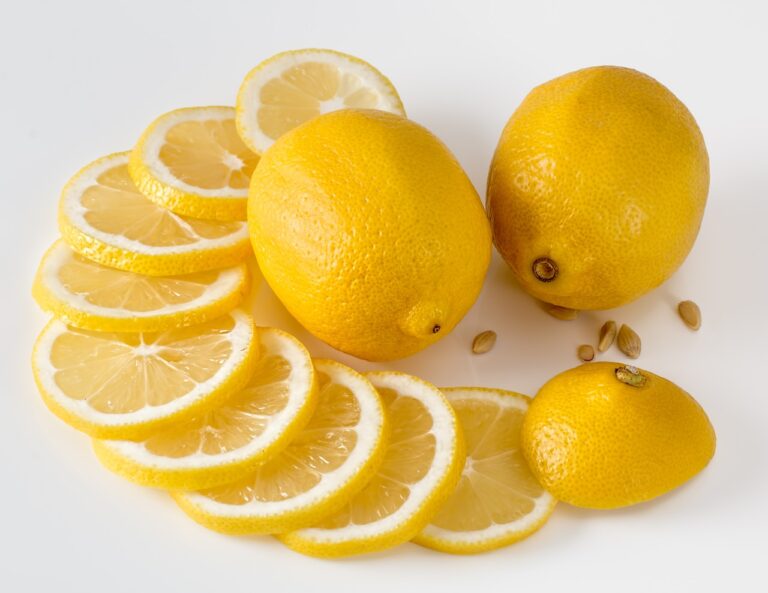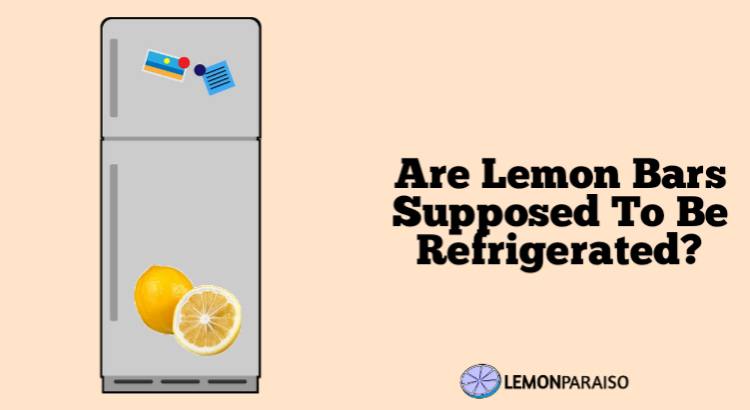Soil pH For Meyer Lemon Tree
Understanding the soil requirements of the Meyer lemon tree, especially in terms of pH, is crucial to its successful cultivation. This tropical citrus plant thrives in a slightly acidic to neutral soil environment, which significantly influences its nutrient uptake and overall health.
Several factors, including the plant’s tolerance to different soil pH levels, methods to test soil pH, and ways to naturally or artificially adjust it, all come into play.
What Is The Ideal pH For A Meyer Lemon Tree?
The ideal soil pH for a Meyer lemon tree ranges between 6.0 and 7.5. This is slightly acidic to neutral on the pH scale. These trees, like most citrus, prefer well-draining soil with ample nutrients, which is often best provided within this pH range.
The pH of the soil has a profound effect on the tree’s ability to absorb necessary nutrients. If the pH is too far above or below this ideal range, it may interfere with the tree’s growth. Meyer lemon trees can sometimes tolerate a broader pH range, but they’ll thrive best within these parameters.
It’s worth noting that pH isn’t the only soil characteristic that matters for Meyer lemon trees. They also require plenty of organic matter and a good balance of macro and micronutrients, all of which are typically available in a well-prepared citrus-specific potting mix.
How Does Soil pH Affect Meyer Lemon Tree Growth?
Soil pH plays a crucial role in the growth and development of Meyer lemon trees. It influences nutrient availability and microbial activity in the soil, both of which directly impact the tree’s health. If the soil pH is too high or too low, essential nutrients can become less available for uptake by the tree’s roots.
In overly acidic soils (with pH below 6.0), nutrients like calcium and magnesium can become scarce. This can lead to nutrient deficiencies in the tree, stunting growth and potentially causing leaf yellowing and other symptoms. Additionally, highly acidic soil conditions can increase the risk of aluminum and manganese toxicity.
In contrast, if the soil pH is too alkaline (above 7.5), micronutrients like iron, zinc, and manganese can become less available. This, too, can lead to nutrient deficiencies and related growth problems. Therefore, maintaining the ideal pH range is critical to the health and productivity of your Meyer lemon tree.
Can Meyer Lemon Trees Tolerate Acidic Soil?
While Meyer lemon trees prefer slightly acidic to neutral soil, they can tolerate somewhat more acidic conditions. However, if the soil becomes too acidic (below 5.0), the tree may start showing signs of stress and poor health.
Signs that a Meyer lemon tree is struggling with overly acidic soil include yellowing leaves, poor fruit production, and stunted growth. These symptoms may be due to nutrient deficiencies, as certain nutrients become less available in highly acidic soils.
Therefore, while Meyer lemon trees can tolerate mildly acidic soil, it’s important to ensure the pH doesn’t drop too low. Regularly testing your soil’s pH and making adjustments as necessary can help keep your Meyer lemon tree healthy and productive.
How Can I Test The pH Of The Soil For My Meyer Lemon Tree?
Testing the pH of your soil is a straightforward process. You can purchase a soil pH testing kit from a gardening supply store or online. These kits typically include instructions that guide you through the process of collecting a soil sample and interpreting the results.
First, you’ll collect a small amount of soil from around your Meyer lemon tree, making sure to get a representative sample that includes soil from several different depths. Next, you’ll mix the soil sample with a testing solution or place it onto a testing strip, depending on the type of kit you’re using.
After a few minutes, the testing solution or strip will change color, indicating the pH of the soil. Most kits include a color chart that you can use to interpret the results. By comparing the color of your sample to the chart, you can determine the pH of your soil and decide if any adjustments are needed.
Can I Adjust The Soil pH For My Meyer Lemon Tree?
Yes, you can adjust the pH of your soil if it’s not within the ideal range for a Meyer lemon tree. If your soil is too acidic (below 6.0), you can add a material called lime to raise the pH. Lime is typically available in powdered or pelletized form, and it can be mixed into the soil around your tree.
On the other hand, if your soil is too alkaline (above 7.5), you can lower the pH by adding sulfur or a product designed to acidify soil. These materials can be mixed into the soil in the same way as lime.
Remember to adjust the pH gradually, as drastic changes can stress your Meyer lemon tree. It’s best to add small amounts of lime or sulfur, retest the pH after a few weeks, and then add more if necessary.
Are There Any Natural Ways To Adjust The Soil pH For A Meyer Lemon Tree?
Yes, there are several natural methods you can use to adjust your soil’s pH. For instance, to raise the pH of overly acidic soil, you can use crushed eggshells or oyster shells. These materials are rich in calcium carbonate, which slowly breaks down and neutralizes soil acidity.
To lower the pH of overly alkaline soil, you can use organic materials like composted leaves, pine needles, or peat moss. These materials are naturally acidic and can help bring down the soil’s pH over time.
It’s important to remember that these natural methods are slower acting than lime or sulfur, so you’ll need to be patient. Regularly testing your soil’s pH and making gradual adjustments as needed can help keep your soil in the ideal pH range for Meyer lemon tree growth.
Can I Use Coffee Grounds To Lower The pH For My Meyer Lemon Tree?
Using coffee grounds can be an effective way to lower the pH of your soil slightly, as they are naturally acidic. Coffee grounds also add organic matter to the soil, which can improve its structure and nutrient content.
However, while coffee grounds can be beneficial, they shouldn’t be the sole method of pH adjustment if your soil is significantly alkaline. This is because coffee grounds break down slowly and may not lower the pH enough on their own. If your soil’s pH is above 7.5, you may need to use additional soil acidifiers, such as sulfur or composted leaves, in conjunction with coffee grounds.
Also, remember not to overuse coffee grounds, as too much can lead to nutrient imbalances in the soil. A general rule of thumb is to use no more than a 25% volume of coffee grounds in any compost or soil mixture.



